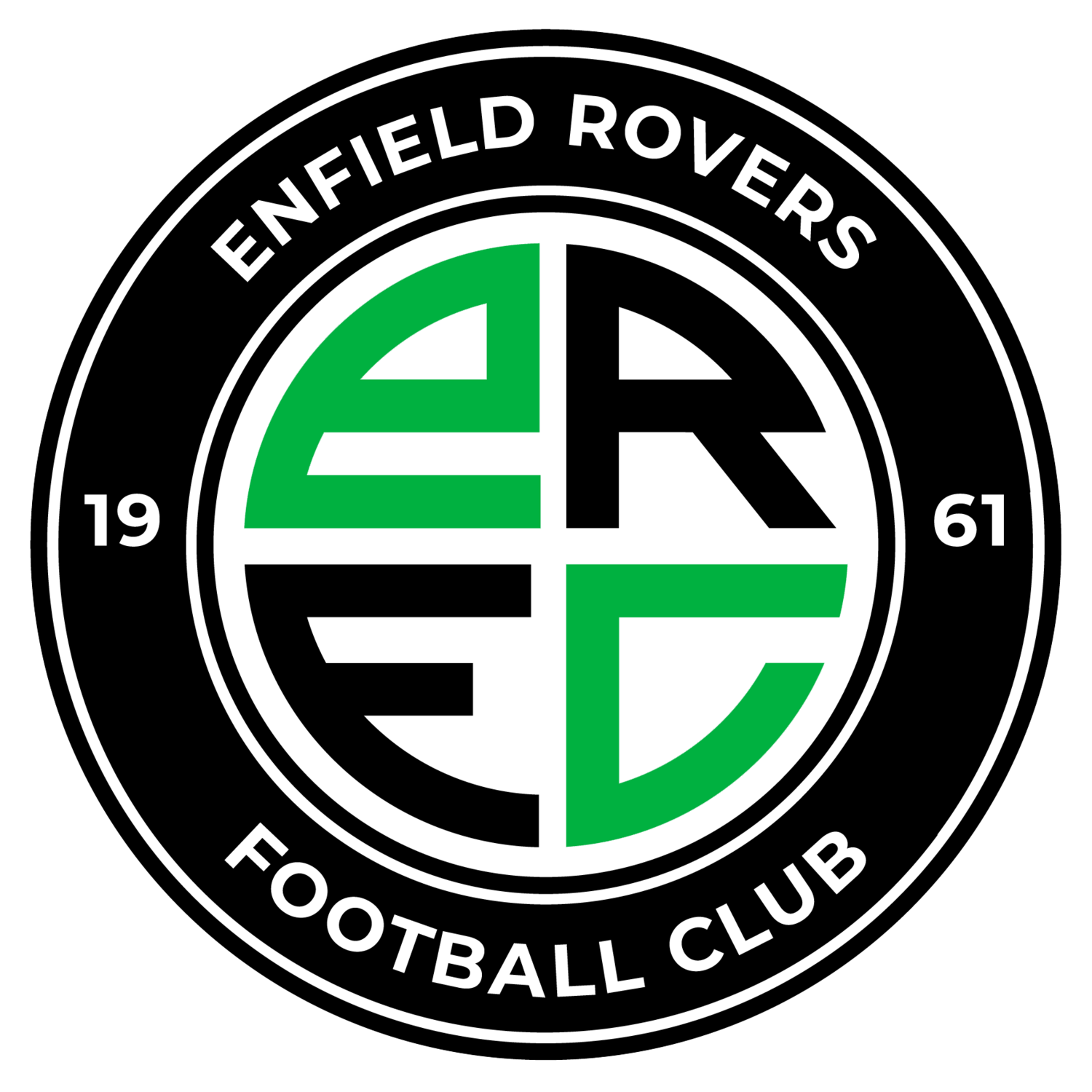Youth League
*
Youth League *
Finally, competitive football kicks in…
U13-U18 matches (if you’re a female between 17-19 please click here) are played on a full-sized field (11 v 11), with match lengths varying depending on age bracket.
For players who have come through the Junior Rovers ranks, years of preparation leads to this point.
Teams play in a competitive format with scores kept and premiership tables and results formally published each week.
A huge focus on youth football still remains in skill development however team culture and sportsmanship usually translates to positive outcomes both on and off the pitch.
By this age, youth are at an understanding of competitiveness as they strive for glory each weekend in hope of making the finals series.
When are games played?
All male and female youth games are always played on Sunday mornings from the first week of April.
Kick off times vary between 9am to midday depending on the schedule set by the association.
Occasionally due to extensive wet weather, catch up games can be played as a “double header” weekend on both Saturday and Sunday, or midweek under lights.
This is rare as our association blocks out 2 weekends a year for catch up games, however, it always depends on how many games have been missed due to rain which determines if this occurs.
Where are games played?
Games are played within the Football Canterbury Association and can be anywhere from:
Balmain in the East
Earlwood in the South
Concord in the North
Roselands in the West
Half of the games are played at our home ground, Henley Park with the other half away from home.
Why should my child play?
Competitive football provides an opportunity for physical fitness and overall health improvement.
Regular training and matches help develop endurance, strength, and agility.
Participating in competitive football fosters teamwork and collaboration skills.
Players learn to communicate effectively, cooperate with teammates, and work towards a common goal.
Additionally, competitive soccer promotes discipline and time management as players must balance their academic responsibilities with training and matches.
Playing competitive soccer can offer personal growth and character development, teaching valuable life skills such as perseverance, resilience, and sportsmanship.
Can my child play with their friends?
Yes they can HOWEVER at this age, teams are split into divisions.
So please be wary that if your child isn’t at the same level as their friends, then we encourage your child to compete with equal-skilled players as it’s better for their development.
However we leave this decision to the coach of the team.
If you want your child to play with their friends, you can request this during the registration process where there is a section stating “Do you have any preferred team or teammates?”
Please write down your child’s friends name and we will consult with the coach of the team.
Role of the coach
The primary responsibility of a youth coach is to provide guidance and instruction to players, both on and off the field.
They play a significant role in teaching fundamental skills, tactics, and strategies of the game.
As youth age groups compete to make the final 4 of their division to qualify for the finals series, coaches serves as a role model for the players by promoting positive values such as sportsmanship, teamwork, and fair play through a supportive and inclusive environment where players feel motivated and encouraged to improve.
This translates to the team performing to their best overall ability each weekend.
When is training?
Training is usually conducted one or two night per week on a repetitive day which is convenient for the coach. Henley Park is available for training sessions from Tuesday to Friday nights.
What are the rules?
The objective of soccer is to score more goals than the opposing team within the allotted time.
The game is played on a rectangular field with two goals at opposite ends. Players move the ball primarily by kicking it and using any part of their body except their arms and hands.
They must avoid fouls such as tripping, pushing, or using excessive force against opponents.
If a foul occurs, the opposing team is awarded a free kick or penalty kick, depending on the severity.
Offside is another important rule in soccer.
A player is considered offside if they are nearer to the opponent's goal line than both the ball and the second-to-last defender when the ball is played to them.
The game is divided into two equal halves, with a halftime break.
The referee enforces the rules and has the authority to issue yellow or red cards for misconduct.
A yellow card serves as a warning, while a red card results in the player's ejection from the game.
These are just a few of the fundamental rules of soccer.
The complete rulebook, known as the Laws of the Game, is set by the International Football Association Board (IFAB) who works with FIFA in setting up the guidelines.
There are 17 laws of the game which can be read by clicking here.
Are there referees at this age?
Yes!
The CRA (Canterbury Referees Association) are exclusive to our association and officiate all competitive games.
Most games will have 1 main referee with 1-2 assistant referees on the sidelines.
Requirements - Uniform
Enfield Rovers STRIPED jersey, socks & shorts.
(from our canteen)
Shin pads & soccer boots
Water bottle
Rovers Academy Training jersey
(optional)
Regarding training apparel and other Enfield Rovers gear which you can purchase, each sale generates 15% which goes towards helping our club financially.
Please check out the training apparel range here.
Still have questions that weren’t answered?
Please check out our New Player FAQs page for more details or email secretary@enfieldfc.com.au


